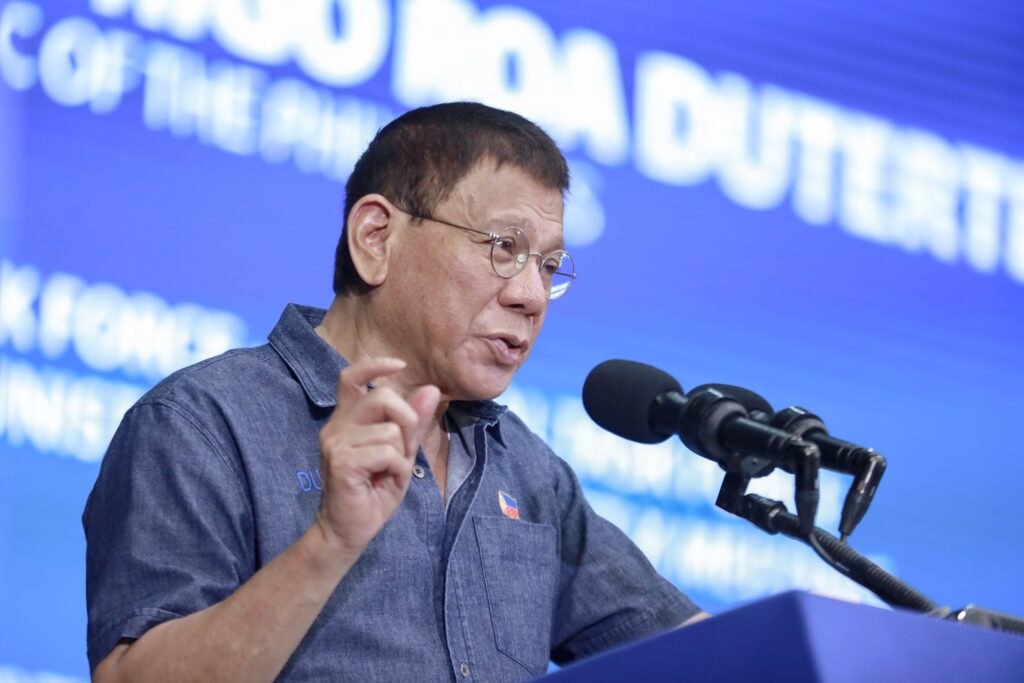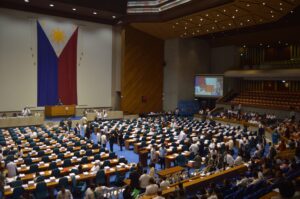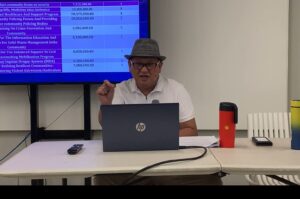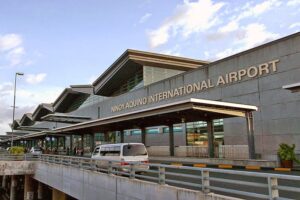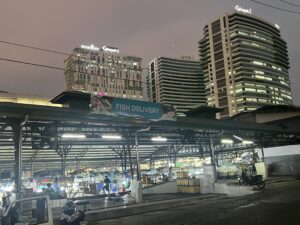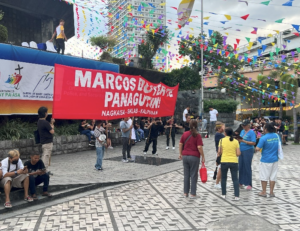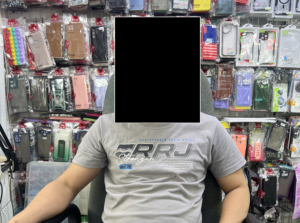Former President Rodrigo Roa Duterte confirmed before the House Quad Comm on Wednesday that a reward system existed for police officers involved in his administration’s aggressive anti-drug campaign.
Under questioning from Kabataan Party-list Rep. Raoul Manuel, Duterte openly admitted that monetary incentives were provided to law enforcement personnel who participated in drug war missions.
“Reward? Correct. Very correct. Talagang totoo. At minsan bigyan ko pa dagdag,” Duterte said.
Former Philippine Charity Sweepstakes Office (PCSO) General Manager Royina Garma, a retired police colonel close to Duterte, earlier told the Quad Comm about a reward system patterned after the “Davao Model,” which included the notorious Davao Death Squad.
She revealed that Duterte instructed former National Police Commission Commissioner Edilberto Leonardo to implement this model nationwide to incentivize police in targeting drug suspects.
Garma said the cash rewards for drug-related killings ranged from P20,000 to P1 million, depending on the target.
In admitting the reward system, Duterte said the financial support extended to police officers involved in the drug war was sometimes essential for missions that lacked formal budget allocations.
“If there is an operation which is not funded by the police, you have to provide,” Duterte told Manuel, recounting his personal allocations for expenses like gasoline and food.
“I sometimes gave extra as a reward,” he stated, adding that these funds could amount to P20,000 for certain operations.
Manuel pressed further, questioning Duterte about the sources of these funds and whether they were drawn from the Office of the President’s confidential and intelligence budgets.
The lawmaker also inquired from Duterte about alias “Muking” and why she was reportedly distributing money to police officers.
Duterte confirmed Muking was previously with the Presidential Management Staff (PMS).
“Mr. Chair, bakit kinakailangan na isang [PMS] ang tagabigay ng pera? Saan po ba nagagaling ang pera na siyang ginagamit para sa reward system?” Manuel asked.
Muking, whose real name is Irmina Espino, was identified by Garma as a staffer of Sen. Go.
According to Garma, Espino played a crucial role in the financial operations behind the drug war, handling transactions tied to the reward system that incentivized police officers to kill individuals on Duterte’s drug watchlist.
Espino was previously reported to have worked in Go’s office at Davao City Hall during Duterte’s tenure as mayor, later continuing with him at Malacañang as an Assistant Secretary when Go became Special Assistant to the President. She later served as Undersecretary until Duterte’s term ended in 2022.
Manuel continued to delve into the origins of the drug war funds, suggesting it came from the intelligence funds allocated for the Office of the President.
Duterte appeared evasive, pointing out that confidential funds are classified by law and intended to protect state security interests.
“Kaya tinawag ‘yan intelligence fund na confidential. Kaya huwag kang magtanong kung anong confidential ginawa ko,” Duterte replied.
The former president’s confirmation of a reward system has reignited concerns over the drug war’s accountability.
Manuel also questioned the transparency and due diligence applied to the drug target lists used in anti-drug operations.
“Lahat po ba ng mga high-value targets sa drug list na hindi na-vet, lahat po ba merong unlawful aggression na ginawa noong sila ay gustong tugisin ng pulis?” Manuel asked, pressing Duterte to clarify whether all individuals targeted were properly vetted as legitimate threats.
In response, Duterte said he did not personally verify each target, leaving that responsibility to the police.
“The vetting responsibility was never mine,” he said. “Do you expect me, as mayor or president, to personally verify each entry on the list?”
Manuel argued that the secretive nature of the funds and the rewards system created an environment with little transparency, possibly allowing for abuses.

